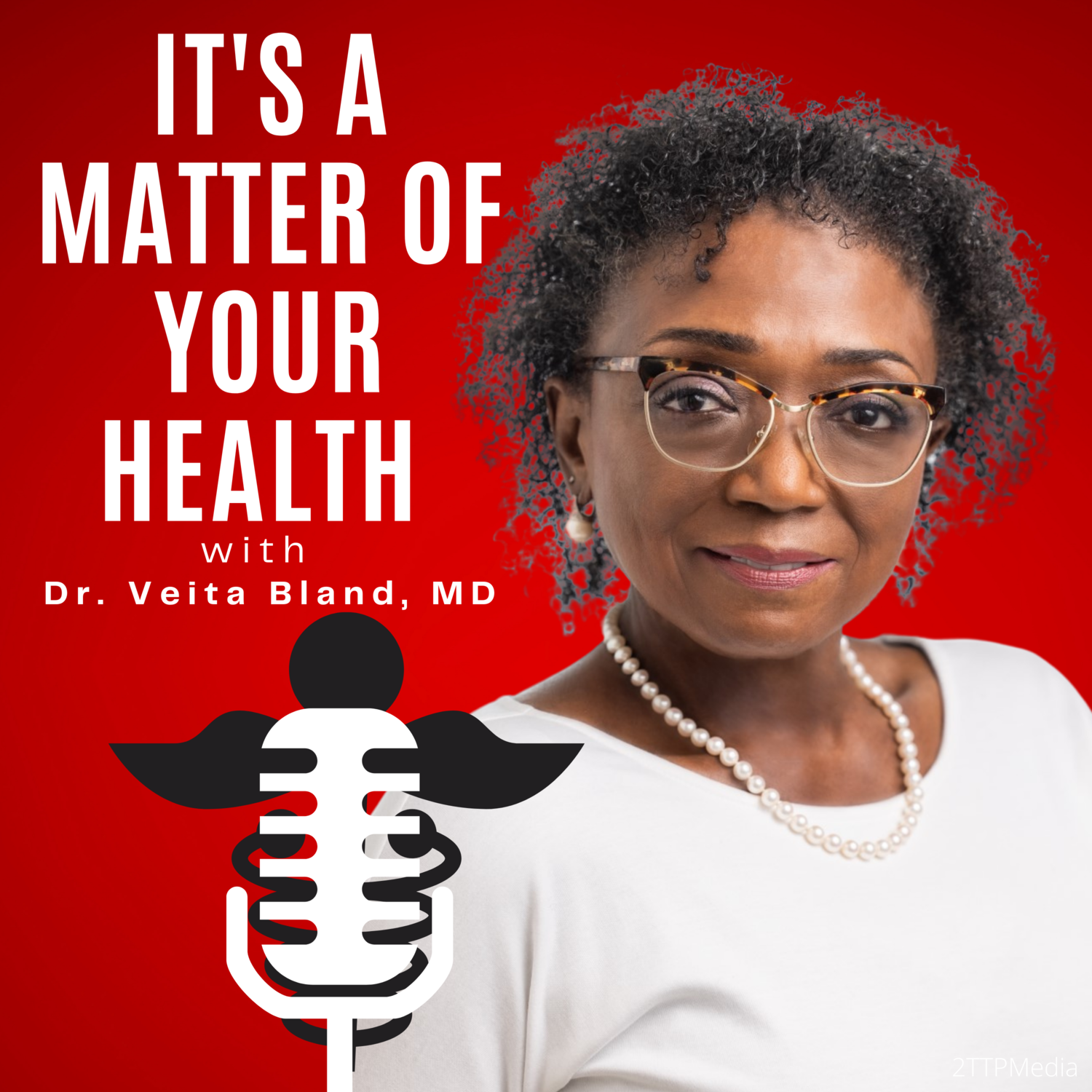Rethinking Alcohol: A Surgeon General’s Call for Awareness
Dr. Vivek Murthy has been a voice of truth and comfort during his tenure as the nation’s Surgeon General, serving as the top medical officer in the United States. As his time in office draws to a close, he has once again offered the nation much-needed but perhaps unwelcome information. Just as his thoughtful statements on loneliness and children’s internet use resonated widely, his latest message on alcohol consumption is equally insightful and timely.
Most people understand that tobacco is a carcinogen and that smoking adversely affects health. Tobacco products have carried warning labels for decades. However, fewer people realize that even so-called "acceptable" levels of alcohol consumption—such as two drinks a day for men or one drink a day for women—can also harm their health.
Inside the body, alcohol breaks down into acetaldehyde, a compound that binds to cellular DNA, causing damage. This can lead to uncontrolled cell growth, resulting in malignant or cancerous tumors. Furthermore, alcohol generates oxidative stress, which increases inflammation, another factor that damages DNA. Inflammation, as many experts agree, is a driving force behind numerous illnesses.
Emerging and ongoing research underscores the dangers of alcohol consumption. Each year in the U.S., alcohol contributes to 20,000 cancer-related deaths and 100,000 new cancer diagnoses. It is the third leading preventable cause of cancer, following tobacco use and obesity.
Cancers linked to alcohol include breast, mouth, liver, colon, esophagus, rectum, and pharynx. Alarmingly, the World Health Organization (WHO) has declared that no amount of alcohol consumption is safe.
Scientists are also revisiting past studies that suggested moderate wine consumption could benefit heart health. They are now questioning the validity of those conclusions, particularly considering evidence linking alcohol to atrial fibrillation, a heart arrhythmia.
As the festive holiday season, with its often-heavy alcohol consumption, comes to an end, this may be an opportune moment for reflection. Many individuals consider adopting “dry” or alcohol-free months, and with this new understanding of alcohol’s risks, such efforts may feel even more worthwhile.
For those seeking help to reduce their alcohol intake, numerous national resources are available and accessible 24/7:
Alcoholics Anonymous (AA): Offers peer support and local meetings for individuals seeking sobriety. Find a meeting near you or attend online at www.aa.org.
SMART Recovery: Provides science-based self-help programs and online tools to overcome addiction. Visit www.smartrecovery.org for resources and meeting schedules.
Substance Abuse and Mental Health Services Administration (SAMHSA): A national helpline offering free and confidential support, treatment referrals, and information in English and Spanish. Call 1-800-662-HELP (4357) or visit www.samhsa.gov.
National Institute on Alcohol Abuse and Alcoholism (NIAAA): Offers extensive educational resources and tools to find treatment options. Learn more at www.niaaa.nih.gov.
Al-Anon: Provides support groups for friends and family members of those struggling with alcohol use disorder. Visit www.al-anon.org to find a meeting or access online support.
Shatterproof: A national nonprofit organization offering tools to navigate recovery and connect with local treatment providers. Visit www.shatterproof.org.
At the heart of Dr. Murthy’s message is a call to prioritize health. Evaluating the role of alcohol in your life and making adjustments, even small ones, could have profound benefits for your well-being.
